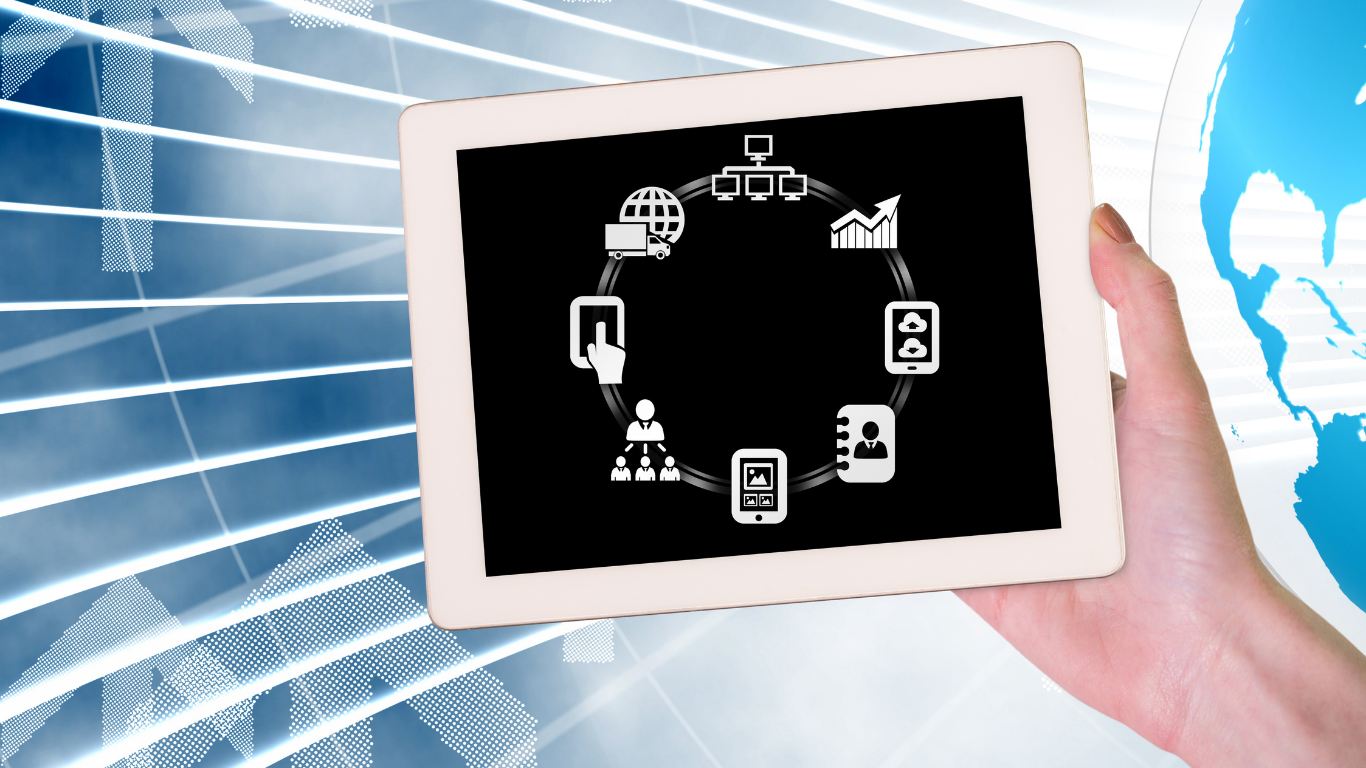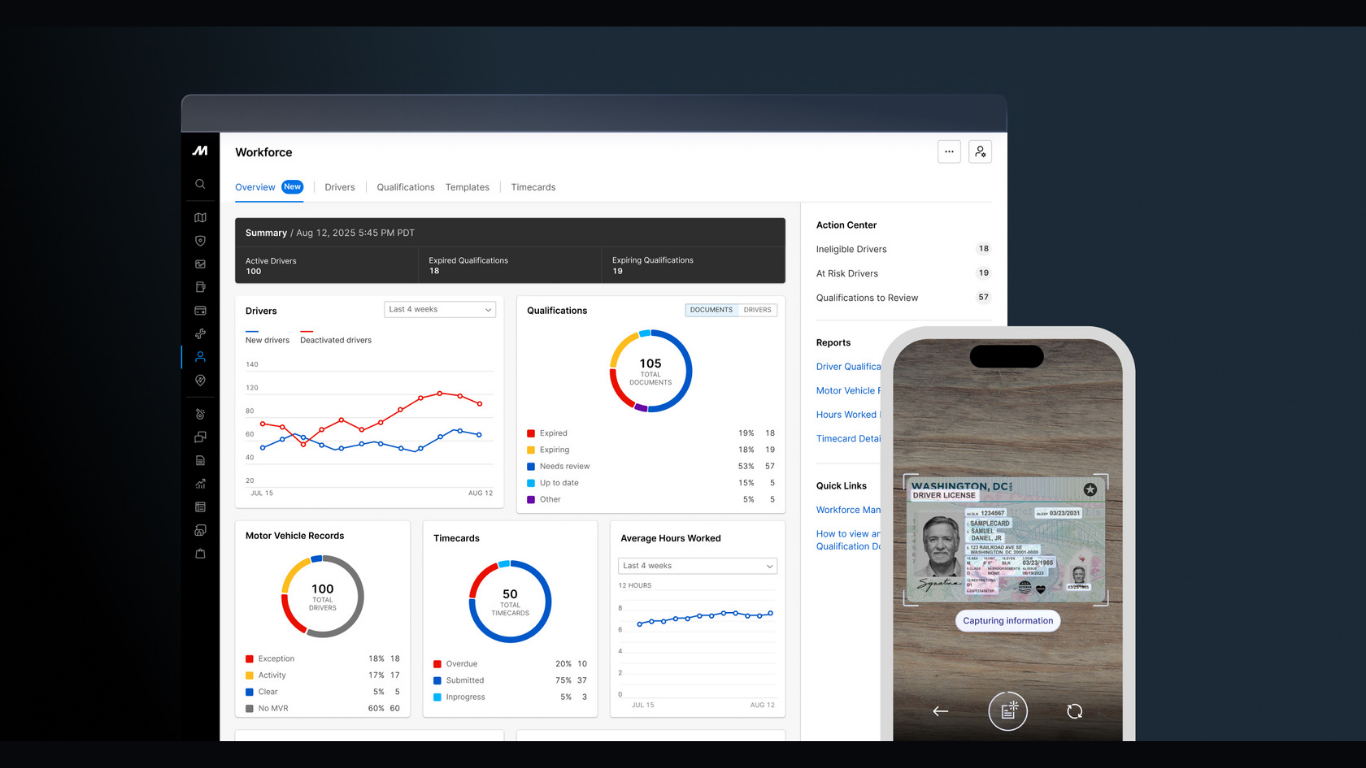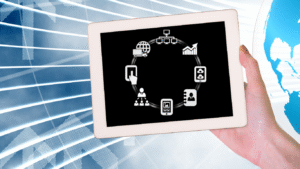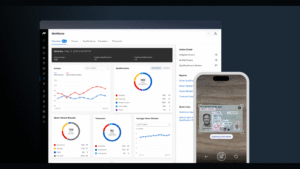We have heard the expression “The Future is Technology” in many contexts throughout our lives. However, what does it mean? The way technology has evolved has had a miraculous effect on every field it has touched. The workplace has undergone a revolution due to this rapid growth, which has created opportunities for people everywhere. This blog will shed light on how technology is reshaping careers and its impact on the future of work.
From Desk to Anywhere: Embracing Remote Work
We have personally experienced the advancement of technology, especially in our jobs. Consider the technology stack we were using five, ten, or even 20 years ago. Since then, we have changed our digital presence. If technology is advancing so rapidly, we need to improve our skills. During the pandemic, hybrid work emerged as a new field, and productivity levels in businesses reached unprecedented heights. According to experts, there will be a continued demand for workplace flexibility in the near future. Let us delve deeper into how technology will help us adjust to the new norms that are taking place.
- Digital Workspaces: Startups are spending money on virtual offices so that staff members can communicate with one another. Individuals can attend meetings, personalise their virtual workstations, enter and exit conversations with colleagues, and do a lot more. By working together, the dispersed crew will be in one location, allowing for more natural and impromptu conversations.
- Mastering the Metaverse: Our 3D reality will be stimulated in a digital environment via VR, AR, and MR. Imagine yourself exploring the metaverse with your avatar and engaging with other users. According to Microsoft’s “Future of Work” research, gatherings in the metaverse could increase productivity.
The Future of Work: The Rise of Automation and AI
Technology has been improving human potential ever since the Gutenberg press was created. There are numerous ways to increase productivity using modern technology; automation and AI are just a few. Certain research claims that 60 percent of occupational roles are automatable. RBA software can fill in and handle monotonous, repetitive, and tiresome tasks. Consequently, the human mind becomes more receptive to innovative ideas, social interaction, and fruitful planning. As a result, there will be less stress and a better work-life balance. AI and automation can help people prioritise their health more than they currently do as a result of rising health consciousness. Additionally, this will assist companies in promoting mental wellness in the workplace.
In the software industry, artificial intelligence is expected to expand at a rapid pace. AI is becoming increasingly adept at comprehending and carrying out difficult tasks while making well-informed decisions. According to the Harvard Business Review, 65 percent of tasks assigned to managers currently have the potential to be automated. AI will contribute to improved remote teamwork environments, enhance team relationships, and reaffirm corporate culture.
The Future’s Essential Duo: The Demand of Tech and Soft Skills
Digital literacy is on the rise, as it is crucial for increased productivity and critical thinking. It will help individuals navigate digital tools and apps and learn to automate tasks for efficiency. The interpersonal or “social skills” needed in the job are not possessed by AI. Thus, a variety of soft skills and emotional intelligence may help to maintain human employability in the future. Soft skills represent the character, attributes, and manner of working, especially communication, leadership, and time management. Emotional intelligence serves as a binder between the actual world and the virtual as we transition to an automated society. So the core focus should be on how well one can handle technology while possessing the right mindset.
The Freelance Frontier
With the development of technology, a new body of work is emerging. More people are becoming interested in the gig economy, which replaces traditional, permanent employment with short-term contracts or freelance labour. This fits their lifestyle and skill set and allows them flexibility in their employment, which appeals to a wide range of people. We can still observe the need for it, despite its negative connotations like job security and lack of benefits.
Pioneering the Future Professions in a variety of industries are being significantly reshaped by the changing nature of labour driven by technological breakthroughs. With the increasing popularity of automation, artificial intelligence, and remote work, professionals need to adjust and acquire the necessary skills to remain competitive in the job market. Successfully navigating the future of work will require embracing constant learning, encouraging adaptation, and utilising technology as a tool for efficiency and innovation. People can position themselves for success and growth in the changing professional landscape brought about by technological advancements by proactively embracing these changes.
Blog by Tamanna Shaikh































